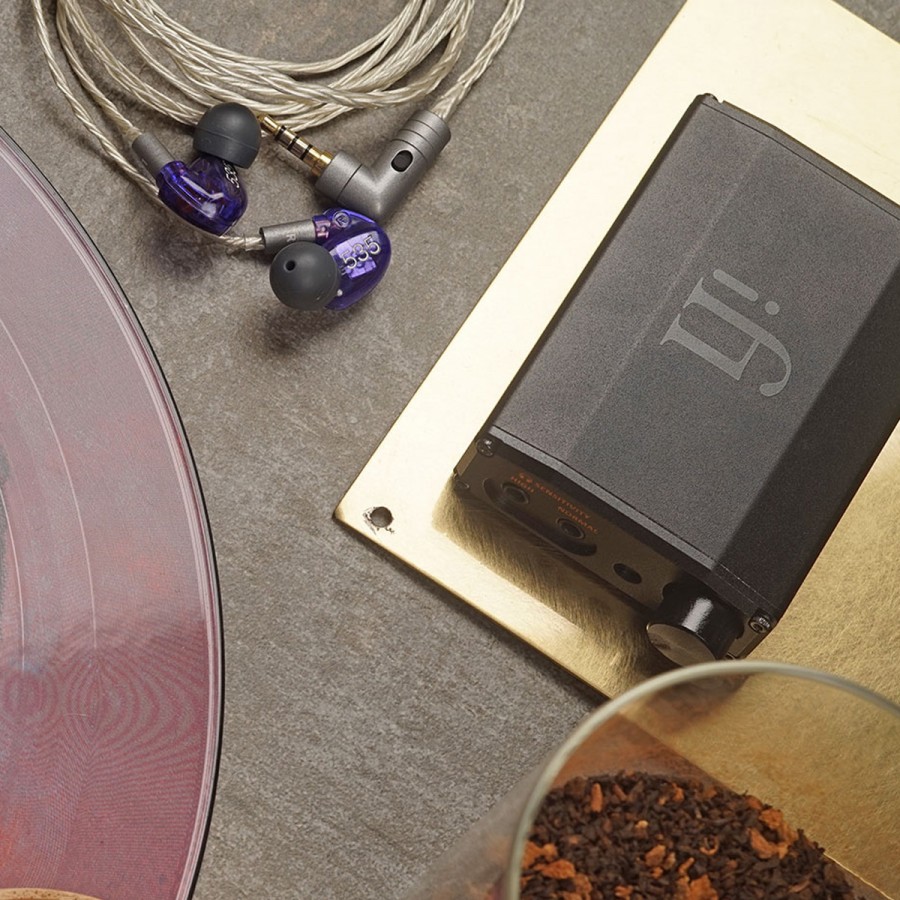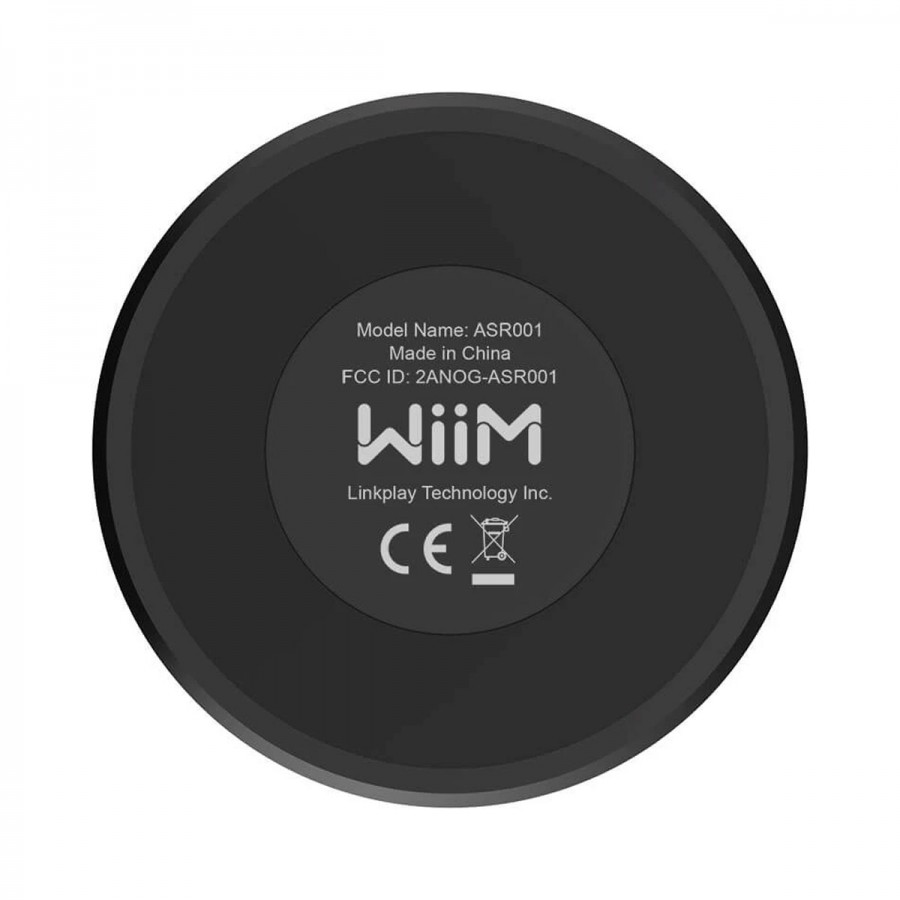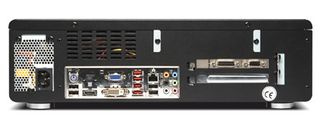

So what about DSD? If you’re going to be playing DSD, as certainly I will be doing, here’s where we come into a bit of a hassle. Again, I don’t know if this is unique to Bit Perfect, but it certainly works, is effective and best of all, Bit Perfect is only $9.95. I am also enamored with the use of the computer’s RAM to mimic what we call a Digital Lens. In fact, to my ears, the SQ is marvelous and close to that coming from the PerfectWave Transport Memory player. This last bit is certainly not unique amongst the available programs, in fact I don’t know if any of this is unique, but here’s what I do know: it seems to be the least intrusive to the user experience than any of the other programs I tried (and I tried most of the big names) without any compromise in sound quality. Moreover, it makes sure the sample rate and bit depth remain exactly true to the source material without any intervention from the user.

There it fills up the memory until enough has been added, and sends it on its way out the USB port in bit perfect fashion (hence the name). The program hides in the background as if it didn’t exist and yet is extremely powerful: grabbing the audio from iTunes and forwarding it in perfect form to the computer’s memory.
#Bitperfect audio software
Let me say upfront that none of the available choices for software are perfect, so we have to choose whatever we think is closest to our goals of simplicity without sacrificing the sound quality.įor this task I have chosen Bit Perfect. A tall order actually, but it is achievable. I want all the features and fun of using iTunes for my music, but I don’t want any hassle or downside to playing it. I am going to tell you about the one I’ve chosen and why.įrom the beginning of this project I’ve mentioned my goal was simplicity, no need for keyboards, mice and video screens, high-end performance and ease of use. There are a few excellent software programs out there that do exactly what we want.

We do, however, want to keep iTunes for our music management tool. Both Apple and Microsoft want to fool with your audio in ways that don’t serve the music and we’re not going to let them do that. What we want in our choice of software is a means for the audio stored on our hard drive to get out of the computer without being altered or molested in any way. All in, we’re looking at about $1,000, which was the goal from the start of this project.
#Bitperfect audio mac
When listening to 24/96 classical material, I DO go into Windows and change the mixer setting to 24/96 :( Same deal with some audiophile pop/vocal/jazz music where less refinement is bothersome.In yesterday’s postI described the balance of what we will need to make our music server: a Mac Mini, a Mac Super Drive, an iPad Mini for the user interface, and software that makes it all sound good. I leave it alone for rock/metal/most pop even if they are 24/96. So my strategy is to leave Windows mixer at 24bit/44.1kHz since most of Amazon music is in 16/44.1("HD") or 24/44.1 (which Amazon still laughably calls "Ultra HD"). Metallica 24/96 "Kill 'Em All" album (make sure to find this gem!)ĩ6kHz classical music downsampled to 44.1kHz makes string sounds coarser, which IS detrimental for the classical genre. However, for rock/metal stuff, I personally find the additional raw SQ of 44.1kHz downsample to fit the music genre well with more aggression and bite, e.g. To minimize pain, I have done listening tests, and here is my finding (All to My ears, YMMV, etc, etc):ġ6 bit music changed to 24 bit does not degrade SQ.Ĥ8kHz music downsampled to 44.1kHz doesn't degrade SQ enough to be noticeable.ĩ6kHz rock, metal, pop music downsampled to 44.1kHz does sound different, mainly some coarsening of music textures and loss of smooth refinement.

I have spoken to Amazon support, and this is a known issue with multiple complaints which Amazon is "working on," but I wouldn't hold my breath. One has to manually go into Windows>control panel>sound>speaker>properties>advanced to manually change bit/sample rate. There is no way to bypass the Windows sound mixer, even when using Amazon "exclusive mode." So when playing 24/96 hi res music on Amazon HD, Windows mixer will resample to whatever it's set to, e.g. The same issue exists for Amazon Music HD. Many DAC's, even $$$$ audiophile ones, internally upsample the data to something totally different from the source. If you do anything, any EQ, even digital volume control, it's no longer bit-perfect. I wouldn't sweat the "bit-perfect" ideal too much.


 0 kommentar(er)
0 kommentar(er)
